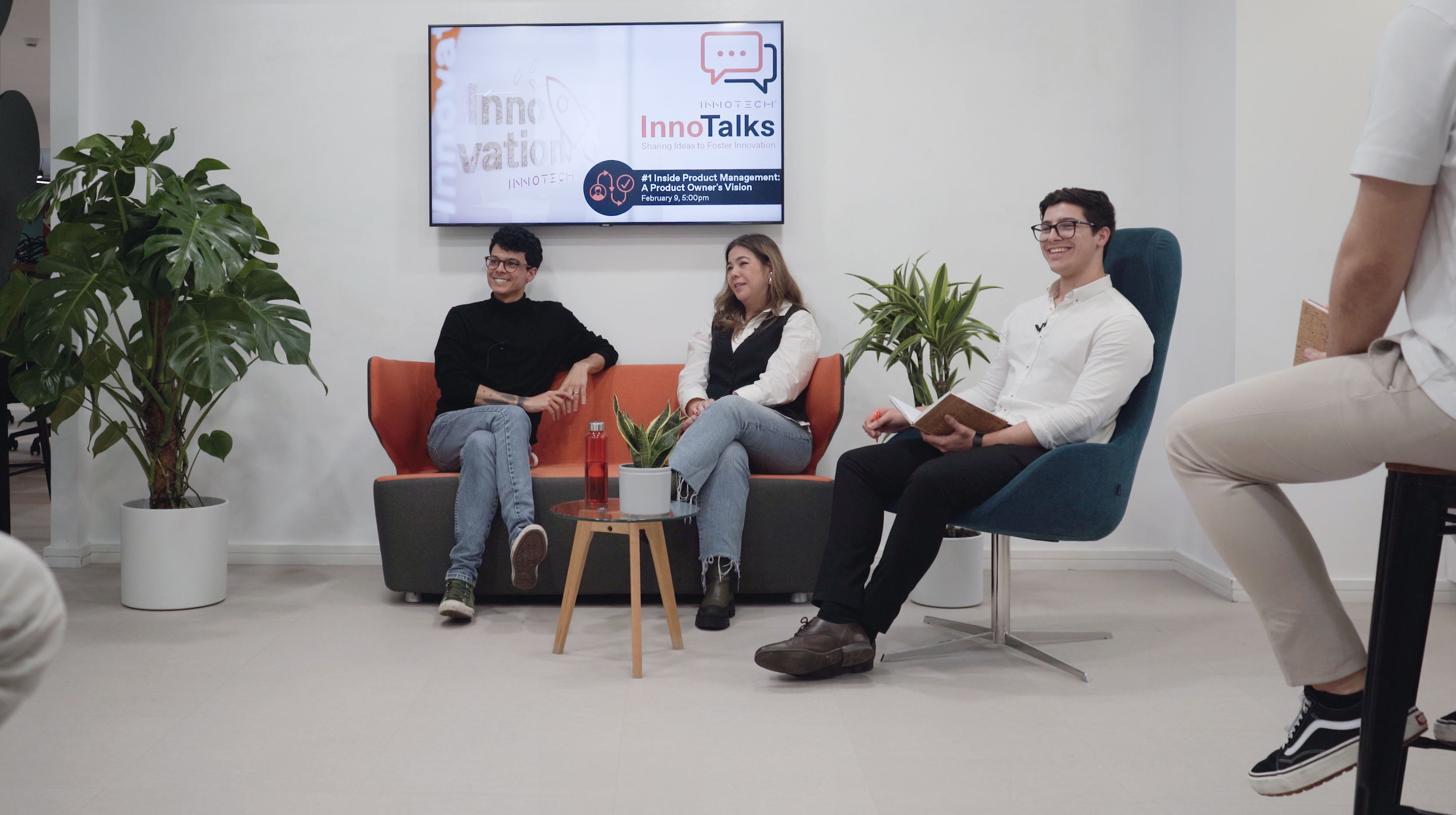An IT interview isn't merely a formality; it's an invaluable opportunity to dig deep into a prospective employee's potential.
In today’s dynamic digital landscape, where technology is the driving force behind business innovation, the demand for skilled IT professionals continues to escalate. Securing the right talent is pivotal, and conducting insightful IT interviews forms a critical cornerstone in the recruitment process. These interviews not only aid in selecting the best-suited individuals but also provide a glimpse into the future of your projects and the company as a whole.
An IT interview isn’t merely a formality; it’s an invaluable opportunity to dig deep into a prospective employee’s potential. It allows you to explore dimensions beyond what’s captured on their resume – their passions, their problem-solving initiatives, their aspirations, and how well they align with your organizational culture. Through this interaction, you’re not just assessing skills; you’re gauging attitudes, communication prowess, and cultural fit.
The Essence of IT Interviews: Dos and Don’ts
When delving into the realm of IT recruitment, embracing certain principles can significantly enhance the process. Consider the five C’s of interviewing, characteristics that employers often seek in candidates:
- Capability: The ability to excel in essential tasks and concrete evidence thereof.
- Confidence: A sense of self-assurance in one’s capabilities.
- Concern: Demonstrating genuine care for colleagues and the organization.
- Command: A leadership mindset coupled with the desire for growth.
- Communication: Proficiency in conveying ideas at all levels.
Dos:
- Thoroughly Review Application Materials: Before the interview, delve into the candidate’s resume, cover letter, and application. Highlight key points you’d like to explore further during the conversation.
- Create a Comfortable Environment: Understand that IT interviews can induce anxiety, particularly among early-career candidates. Fostering a relaxed environment encourages candidates to be themselves, promoting authentic interaction.
- Begin with Simple Conversations: Initiate the interview with light, general inquiries. Inquiring about their journey to the interview venue or offering a coffee can ease initial tension, paving the way for more insightful discussions.
- Navigate to the Heart of the Matter: Move onto relevant questions that delve into their career journey, technical expertise, and alignment with your company’s objectives. Prepare a mix of general inquiries and specific technical questions to gauge their proficiency.
- Embrace Post-Interview Etiquette: Follow up with each candidate, regardless of the outcome. Providing feedback not only showcases professionalism but also maintains a positive rapport. Once a selection is made, extend polite rejection notices to other candidates. This gesture not only demonstrates respect for their time and interest but also keeps doors open for potential collaborations down the line. You never know what the future holds – they may be a perfect fit for another opportunity. Plus, a positive experience increases the likelihood of them recommending the company to friends and family.
Don’ts:
- Don’t Focus Solely on Technical Skills: While technical prowess is crucial, remember that cultural fit, teamwork, adaptability and career goals also play vital roles in a candidate’s success within your team. Soft skills enhance a candidate’s ability to integrate seamlessly into your organization.
- Avoid Leading Questions: Frame your questions to elicit detailed responses, offering insights into the candidate’s thought process, rather than leading them to a predetermined answer.
- Don’t Rely on Traditional Questions Alone: Incorporate situational and behavioral questions for a more comprehensive understanding of candidates’ capabilities.
- Avoid Neglecting Future Potential: A candidate’s potential to grow is as important as their current skills. Consider how their strengths align with the company’s future challenges and opportunities.
Navigating the IT Interview Landscape
The art of conducting effective IT interviews goes beyond a simple Q&A session. It’s a strategic engagement that unearths the essence of a candidate’s potential. Make sure you explore these dimensions:
Technical Acumen and Problem-Solving Abilities
Pose scenario-based questions that mirror real-world challenges to evaluate how candidates approach complex problems. Their problem-solving methodology can reveal their depth of technical understanding and their ability to navigate challenges effectively.
Cultural Alignment
While skills are essential, a candidate’s alignment with your organization’s values and culture is equally vital. Dive into questions that assess how well candidates fit into your team’s dynamics and how they embrace your company’s core principles.
Learning Agility
Inquire about how candidates stay updated on industry trends and their approach to learning new technologies. This sheds light on their capacity to evolve along with the tech landscape.
Collaboration and Communication
Given the collaborative nature of IT projects, communication is key. Evaluate a candidate’s ability to explain complex ideas to non-technical stakeholders and how they contribute to team synergy.
Programming Proficiency
Programming is a core skill for many IT roles. Tailor questions to the programming languages and technologies your team utilizes. Inquire about their experience, coding style, and ability to optimize code for efficiency and readability.
System Design Skills
For roles requiring architectural decisions, delve into their system design expertise. Present a complex project and have them outline the architecture. Assess their understanding of scalability, security, and trade-offs made in the design.
Troubleshooting Aptitude
IT environments are rife with challenges. Provide a simulated scenario with a technical glitch and observe how they diagnose and resolve the issue. Strong candidates will demonstrate a systematic approach to troubleshooting.
The Importance of Practical Assessments
Incorporating practical assessments into your IT interview process is akin to providing candidates with a glimpse into the challenges they will encounter in the real world. These assessments serve as a bridge between theoretical knowledge and hands-on application. By presenting candidates with scenarios that mirror the intricacies of their future role, you gain valuable insights into their problem-solving methodologies and adaptability. Practical assessments also reveal how candidates approach tasks under pressure, how well they manage their time, and whether they can navigate complexities independently. This holistic view ensures that the candidate you select not only possesses technical expertise but can also effectively translate that knowledge into real-world solutions.
Simulated Projects and Real-world Scenarios
Supplement theoretical questions with practical assessments. Provide a brief to solve a problem they’d encounter in the role. This could involve developing a mock feature or troubleshooting a simulated incident.
Pair Programming Exercises
Pair programming tests collaborative skills. Sit with the candidate and work on a coding task together. This will reveal how well they communicate, share ideas, and navigate challenges as a team.
Embrace the Future with InnoTech
At InnoTech, our recruitment process revolves around these principles, ensuring that each IT interview is an opportunity to unearth potential and foster innovation. We understand that a single interview has the power to shape the trajectory of projects, teams, and the company as a whole. If you are passionate about this area, come grow with us and help us harness the power of effective IT interviews to continue building a team poised for excellence and for re-imagine technology.



